On August 26, the Vietnam Fatherland Front Committee of Ho Chi Minh City held an online conference to provide social feedback on the draft Resolution of the City People's Council promulgating regulations on the roadmap for implementing the conversion and support policies for converting public passenger transport vehicles to buses using electricity and green energy in Ho Chi Minh City.
Mr. Pham Minh Tuan, Vice Chairman of the Vietnam Fatherland Front Committee of Ho Chi Minh City, and Mr. Bui Hoa An, Deputy Director of the Department of Construction of Ho Chi Minh City, co-chaired the conference.

Big Goals
Currently, the public bus transport system in Ho Chi Minh City has a total of 164 routes, of which 108 are subsidized and 56 are non-subsidized. Specifically, there are 98 diesel bus routes (45 subsidized and 53 non-subsidized), 19 CNG bus routes (18 subsidized and 1 non-subsidized) and 47 electric bus routes (45 subsidized and 2 non-subsidized). On these routes, there are a total of 2,342 vehicles in operation, including 1,187 diesel buses, 542 CNG buses and 613 electric buses.
According to the draft Resolution promulgating regulations on the roadmap for implementing the conversion and policies to support the conversion of public passenger transport vehicles to electric and green energy buses in the area of the Ho Chi Minh City People's Council, the conversion roadmap is divided into stages: from 2025 - 2029, subsidized buses over 15 years old will be replaced by electric/green energy vehicles; CNG vehicles under 15 years old will continue to operate; diesel vehicles will continue until 2029 with the condition that they are not used for more than 15 years.
For non-subsidized buses (existing and new), 100% of replacements/new investments must be electric/green energy vehicles during this period. From 2030, 100% of public buses must use electricity/green energy.
The roadmap for investing in electric charging stations from 2025 - 2030 at bus stations and parking lots is managed by the Public Transport Management Center and domestic enterprises. Support policies include interest support for enterprises investing in vehicles (maximum limit of 85% of total investment, maximum 300 billion VND/project, investors pay 3%/year interest rate, the budget supports the difference) and for enterprises investing in electric charging stations (maximum 200 billion VND/project, support 70% of construction capital and 85% of technology/equipment capital, investors pay 50% of the interest rate support, the budget supports 50%). The maximum interest support period is 7 years. The capital source for investing in charging stations can come from the business capital of enterprises or the state budget for stations managed by the Public Transport Management Center.
Concerns about costs, charging infrastructure and battery handling
At the conference, delegates, experts and scientists expressed many opinions on the draft content. Lawyer Nguyen Van Hau, Vice Chairman of the Ho Chi Minh City Bar Association, said that the draft Resolution on the roadmap to replace fossil fuel buses with electric buses and green energy is a correct and urgent policy and consistent with Vietnam's commitment at COP26. Ho Chi Minh City sets a target of replacing 3,165 buses in the 2025 - 2030 period with a budget of VND13,511 billion. From 2025, all new or replacement buses will be green buses, and by 2030, the bus system will be completely "green".
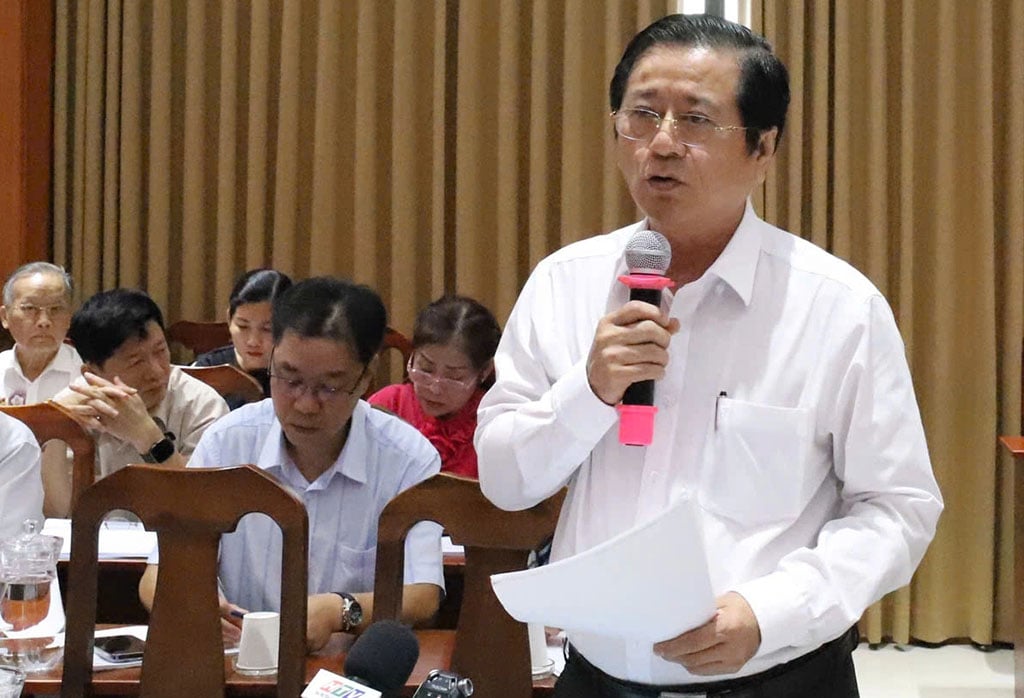
However, according to Mr. Hau, this policy is not suitable for small cooperatives, the cost of replacing the battery of 30-50% of the vehicle value is also a barrier. Regarding infrastructure, the new draft proposes 25 charging stations, 269 posts, while at least 40 stations, 302 posts are needed in the context of the current lack of a shared public system.
In addition, lawyer Hau stated that electric vehicle batteries also pose a risk of soil and water pollution because Vietnam does not have a recycling plant. From there, he proposed raising the loan limit to 300 billion VND/project, building subsidies for people, developing public bicycles, inter-connected payments, safe infrastructure for bicycles and having a long-term communication strategy to create social consensus.
Ms. Le Thi Bich Lien, Chairwoman of the Vietnam Fatherland Front Committee of Ba Ria Ward, suggested that attention should be paid to battery disposal, as if not thoroughly resolved, it could potentially harm the environment. Ms. Lien also recommended that the city study long-term support mechanisms and policies to create conditions for businesses to confidently invest in the green transition process.
Ms. Hoang Thi Thu Lien, Chairwoman of the Vietnam Fatherland Front Committee of Saigon Ward, commented that the green transition roadmap to 2030 is clear but it is necessary to add backup plans, especially the charging station system, as well as propose synchronous planning of the power grid, combining renewable energy such as solar power at bus stations to meet charging needs.
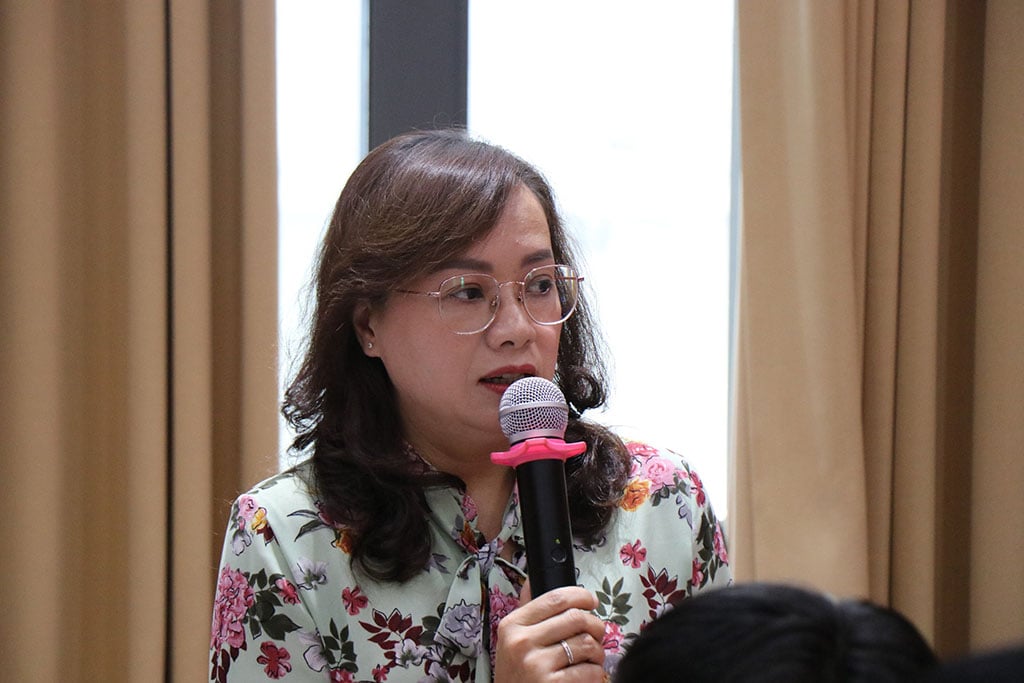
According to Ms. Lien, the policy of increasing the loan limit to 300 billion VND with a fixed interest rate of 3%/year is considered appropriate, but the large investment cost will push up ticket prices, directly affecting students, who are the group that uses the bus the most. Therefore, Ho Chi Minh City needs to survey the impact, have a reasonable subsidy policy, and at the same time pilot it on some routes before expanding the whole city and consider a long-term roadmap until 2040 to create conditions for businesses to confidently invest.
Ho Chi Minh City aims for green, clean, sustainable public transport
Speaking at the conference's conclusion, Mr. Bui Hoa An, Deputy Director of the Ho Chi Minh City Department of Construction, said that the goal by 2050 is zero net emissions, in line with the Government 's commitment. After the merger, the (new) Ho Chi Minh City has about 14 million people with 1.4 million cars and 11.3 million motorbikes.
The project aims to have all buses using green energy by 2030. Regarding infrastructure, charging stations will be located at stations and depots; batteries currently cover a distance of 150 - 200 km/day and will be processed and recycled at a specialized technology zone. A policy for purchasing old vehicles for recycling and reuse is also being studied.
Mr. An emphasized that changing behavior from private vehicles to public transport or bicycles requires communication and social mobilization. The leaders of the Ho Chi Minh City Department of Construction recognized that the conversion is a long-term process, requiring social consensus. Policies will continue to be adjusted through practice, towards a green, clean, sustainable transport system, reducing pollution and social costs. The Ho Chi Minh City Department of Construction will also receive opinions to develop the best policy to submit to the Ho Chi Minh City People's Council.
Mr. Pham Minh Tuan, Vice Chairman of the Vietnam Fatherland Front Committee of Ho Chi Minh City, commented that the conference proposed many important solutions towards building a green and sustainable public transport system, ensuring the rights of the people and meeting the long-term development goals of the city. The Vietnam Fatherland Front of Ho Chi Minh City and socio-political organizations will accompany the Department of Construction of Ho Chi Minh City and the government in drafting, researching and supplementing the draft resolution before submitting it to the Ho Chi Minh City People's Council.
Source: https://ttbc-hcm.gov.vn/mttq-dong-hanh-cung-tp-hcm-tren-lo-trinh-xanh-hoa-giao-thong-1019435.html



![[Photo] Many people eagerly await the preliminary review despite heavy rain](https://vphoto.vietnam.vn/thumb/1200x675/vietnam/resource/IMAGE/2025/8/27/4dc782c65c1244b196890448bafa9b69)
![[Photo] Brilliant red of the exhibition 95 years of the Party Flag lighting the way before the opening](https://vphoto.vietnam.vn/thumb/1200x675/vietnam/resource/IMAGE/2025/8/27/e19d957d17f649648ca14ce6cc4d8dd4)


![[Photo] Prime Minister Pham Minh Chinh chairs meeting of National Steering Committee on International Integration](https://vphoto.vietnam.vn/thumb/1200x675/vietnam/resource/IMAGE/2025/8/26/9d34a506f9fb42ac90a48179fc89abb3)



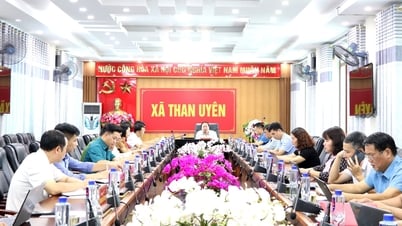



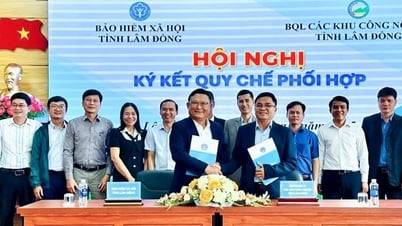








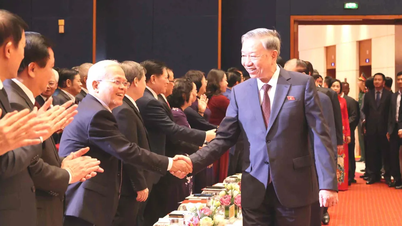
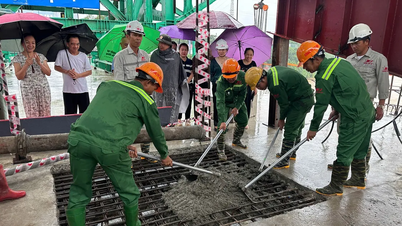
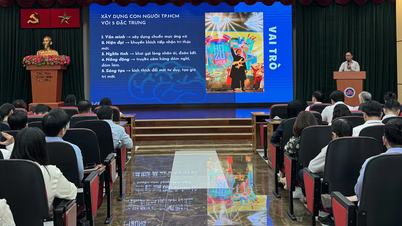

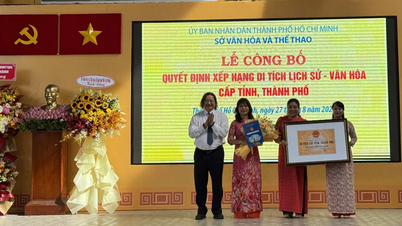























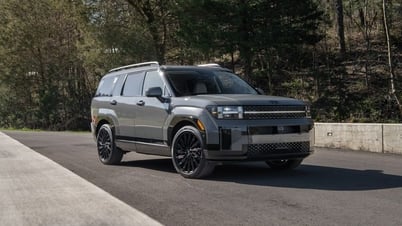





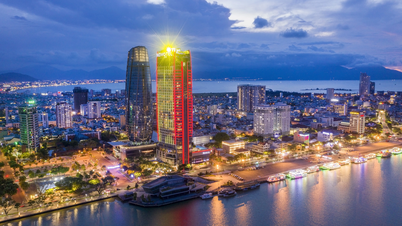

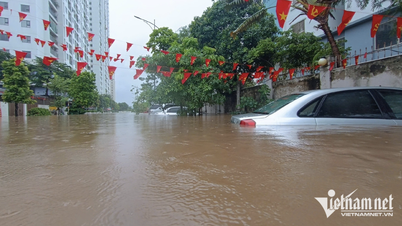
![[Photo] General Secretary To Lam attends Meeting with generations of National Assembly deputies](https://vphoto.vietnam.vn/thumb/402x226/vietnam/resource/IMAGE/2025/8/27/a79fc06e4aa744c9a4b7fa7dfef8a266)
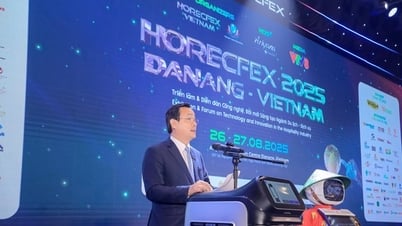

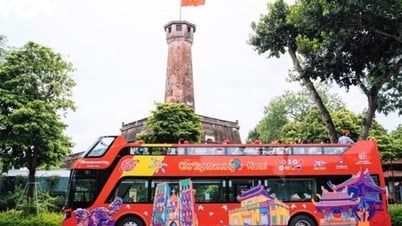

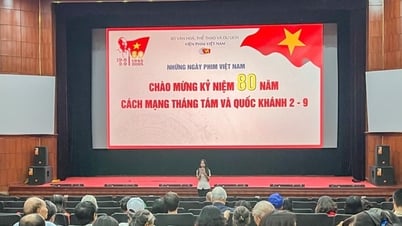


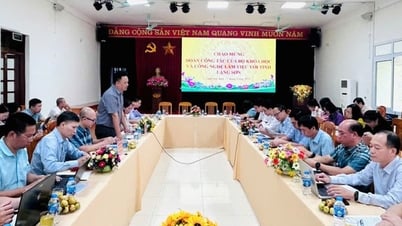

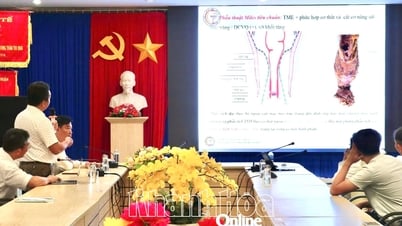
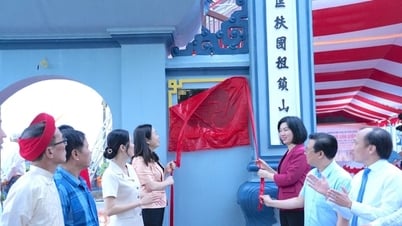

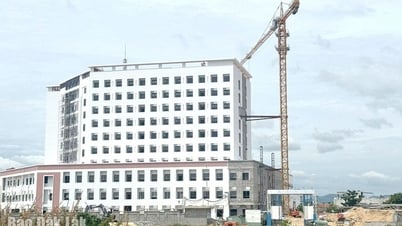


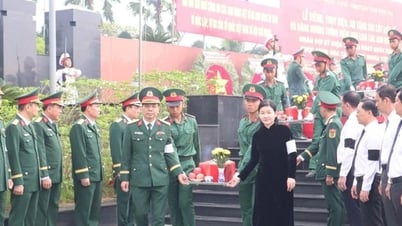











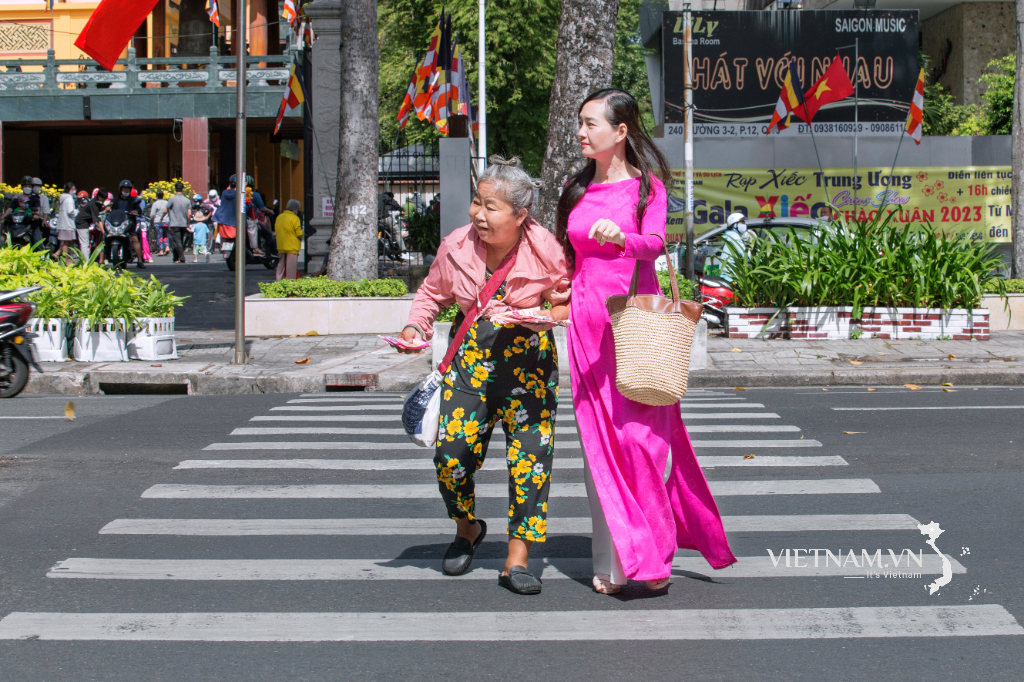
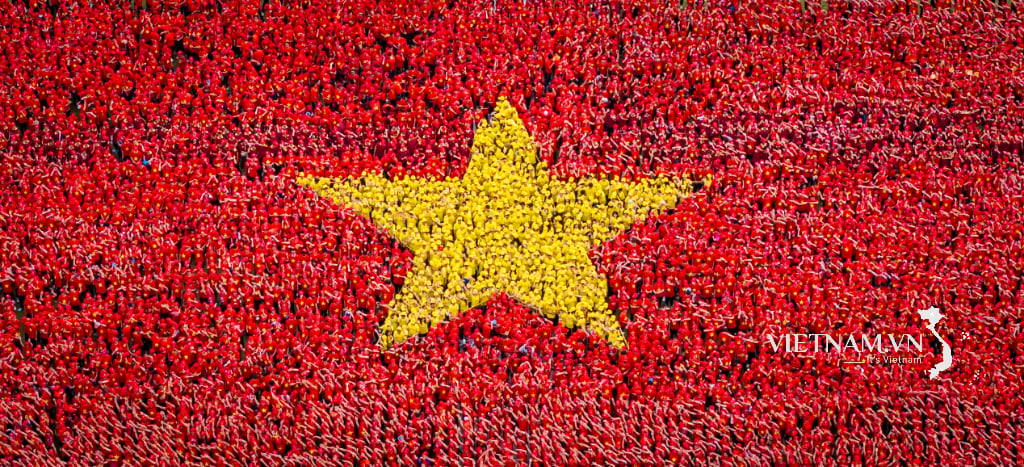


Comment (0)